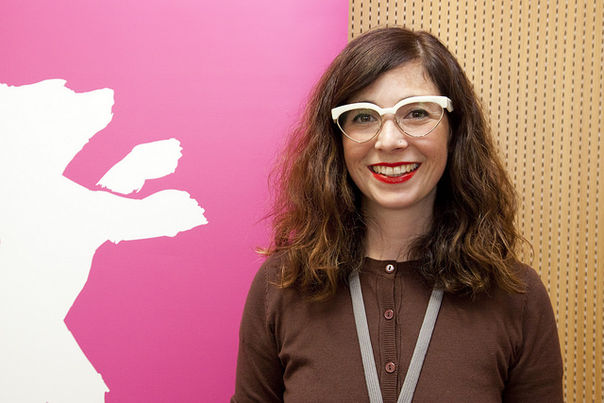Beyond Looking

Tara Judah
For a long time I thought there could be nothing greater than looking into another world. Then I read Laura Mulvey, B. Ruby Rich, Teresa de Lauretis, saw the films of Peter Tscherkassky, Maya Deren, Paul Sharits, Stan Brakhage and others. Instead of looking into another world, these people were stepping into it, challenging it and changing it. Once I realised cinema was more than looking, the limitlessness of moving image culture became my life’s passion.
After undertaking my bachelor and masters degrees at King’s College in London, I soon found myself back in Australia immersed in film culture; working to keep our last repertory picture palace alive, writing determinedly about films and local industry and most of all, always contributing to that socially significant aspect of cinema - conversation.
For a big island we have a small industry. Funding is forever being cut, squeezed and squashed, leaving few opportunities that nurture the drive and foster the talent of young filmmakers and critics. We are at a crossroads. Most of our traditional print media is flailing and online models are inconsistent, suddenly thrust into the international arena. When competing with the global dailies it’s easy to see why local newspaper pay walls remain unscaled. Conversely, we are seeing a huge influx in independent endeavours with new websites, journals and zines emerging all the time. There are more writers and voices than ever before but there are fewer professionally paid posts. The word critic is often replaced with ‘reviewer’ or ‘blogger’ and many consider the job a hobby. Most concerning is that academic and critically trained voices are constantly undervalued with hipster chat and click-bait as king.
Our national cinema faces a similar crisis. Many make their mark in television and music video before heading overseas where I am told the work is better paid and more plentiful. With the Producer Offset scheme in place, most projects that receive funding are co-productions. Whilst on the one hand this creates new jobs and enriches the skill set of our industry, it also complicates what we understand as ‘Australian cinema’ on the other. Finally, the biggest obstacle is an out-dated distribution model that the studios refuse to reform. The lack of interest in closing the theatrical/home entertainment window locks us into a cycle of piracy that is damaging our cinema-going culture.
It’s time to step up to these issues, challenge them, and change them.

